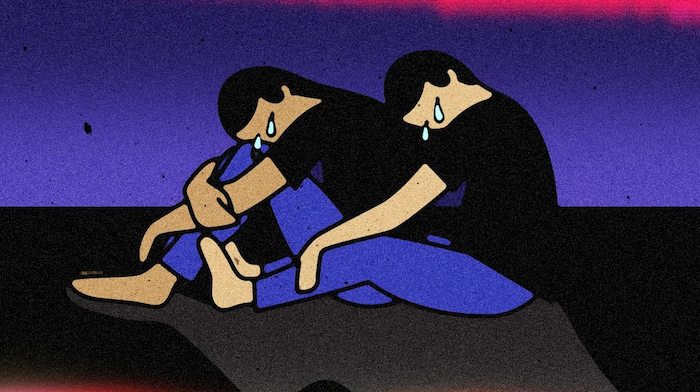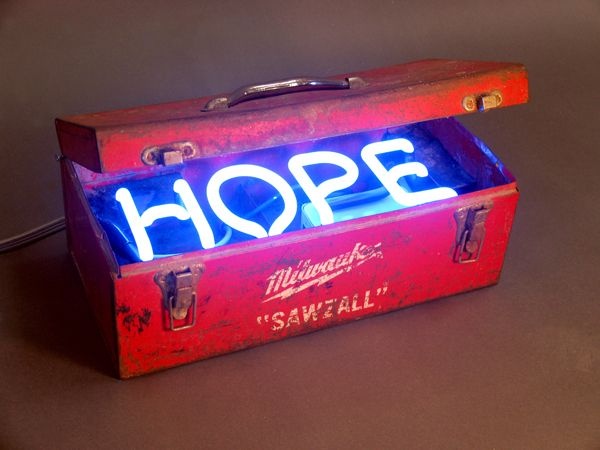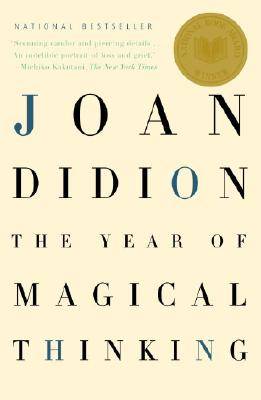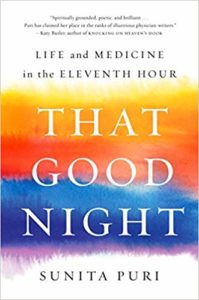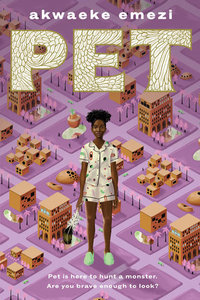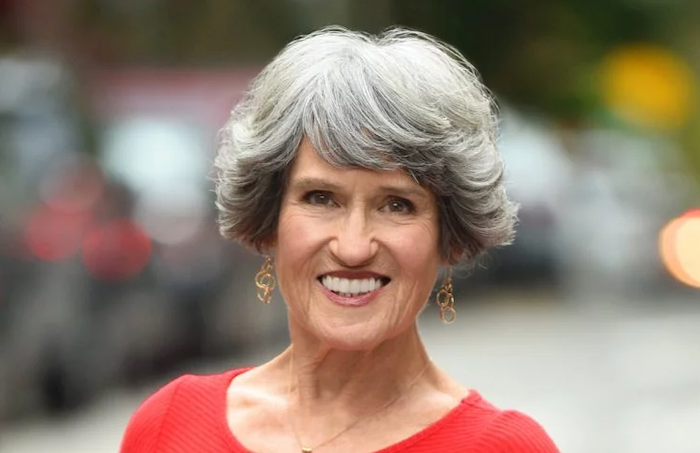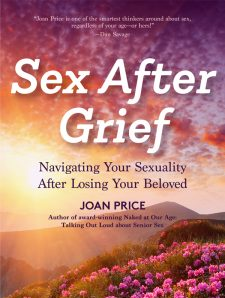David Kessler on the Difference Between Mourning and Grief
For the dead and the living, we must bear witness.
–Elie Wiesel
Each person’s grief is as unique as their fingerprint. But what everyone has in common is that no matter how they grieve, they share a need for their grief to be witnessed. That doesn’t mean needing someone to try to lessen it or reframe it for them. The need is for someone to be fully present to the magnitude of their loss without trying to point out the silver lining.
This need is hardwired in us, since our emotions bind us to one another, and in those bonds is the key to our survival. From the moment we’re born, we realize we’re not alone. Our brains are equipped with mirroring neurons, which is why when the mother smiles, the baby smiles back. This continues into adulthood. I remember walking down the street one day and a man said to me, “Howdy.” I’m not usually someone who says “Howdy.” But I instinctively said back to him, “Howdy!” This is more than copying each other’s expressions. It’s also about the emotions underlying the expressions. The mirroring neurons enable mother and child to pick up on each other’s emotions.
Dr. Edward Tronick is part of a psychology team that made a short video that shows what happens if babies do not feel their emotions reflected and acknowledged by those around them. First we see a ten-month-old sitting in a high chair, eyes wide and happily fixed on his mother’s smiling face. The baby and mother mirror each other as I described above. One laughs, then the other laughs; the baby points and the mother looks in the direction in which he’s pointing. But then at the direction of the researchers, the mother turns away, and when she turns back to the baby, she has a blank look on her face. The confused baby does everything to try to get a reaction out of her. He cries and screams in distress. This is an innate reaction, because children know on a subconscious level that they need others for survival. If their survival is dependent on someone who is unable to be truly present for them, they suffer.
The same is true for adults. If they are grieving, they need to feel their grief acknowledged and reflected by others. But in our hyperbusy world, grief has been minimized and sanitized. You get three days off work after a loved one dies and then everyone expects you to carry on like nothing happened. There are fewer and fewer opportunities for those around you to bear witness to your pain, and this can be very isolating.
I was touring in Australia when I met a researcher who told me about the work she was doing to study the way of life in the northern indigenous villages of Australia. One of the villagers told her that the night someone dies, everyone in the village moves a piece of furniture or something else into their yard. The next day, when the bereaved family wakes up and looks outside, they see that everything has changed since their loved one died—not just for them but for everyone. That’s how these communities witness, and mirror, grief. They are showing in a tangible way that someone’s death matters. The loss is made visible.
In this country, too, it was once common for us to come together as a community to bear witness to the grief experienced when a loved one died. But in our current culture, the mourner is made to feel that though his or her own world has been shattered, everyone else’s world goes on as if nothing has changed. There are too few rituals to commemorate mourning, and too little time allotted to it.
Grief should unite us. It is a universal experience. If I’m talking to someone with a physical ailment, I can listen and empathize, but I may never have that particular problem. When I’m with someone whose loved one died, however, I know I’ll be in their shoes someday and I try to understand what they are feeling. Not to change it—just to acknowledge it fully. I feel privileged when someone shares their pain and grief with me. The act of witnessing someone’s vulnerability can bring the person out of isolation if the witnessing is done without judgment.
Too often outsiders who may have the best of intentions will suggest to a bereaved person that it’s time to move on, embrace life, and let go of grief. But grief should be a no-judgment zone. Those who understand what you’re going through will never judge you or think your grief is out of proportion or too prolonged. Grief is what’s going on inside of us, while mourning is what we do on the outside. The internal work of grief is a process, a journey. It does not have prescribed dimensions and it does not end on a certain date.
When people ask me how long they’re going to grieve, I ask them, “How long will your loved one be dead? That’s how long. I don’t mean you’ll be in pain forever. But you will never forget that person, never be able to fill the unique hole that has been left in your heart. There is what I call the one-year myth—we should be done and complete with all grieving in one year. Not remotely true. In the first year of your loss, you’re likely to mourn and grieve intensely. After that, your grief will probably fluctuate. It will seem to lessen, then something will trigger it, and you’ll find yourself back in the full pain of loss. In time it will hurt less often and with less intensity. But it will always be there.”
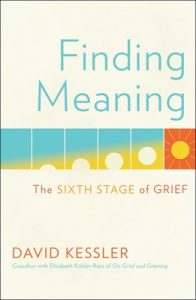
That’s about as specific as I can get in answering the question. As vague as it is, it still doesn’t cover all the possibilities. Over many years of grief work, I’ve come to realize that if I’ve seen one person in grief, I’ve only seen that one person in grief. I can’t compare one griever to another, even if they’re in the same family. One sister cries a lot and the other one doesn’t. One son is vulnerable and raw. The other just wants to move on. Some people are expressive. Others shy away from their feelings. Some have more feelings. Some have less. Some are more productive and practical in their grieving style. They have a “buckle down and move on” mentality. We can mistakenly think that people who show no visible signs of pain should be in a grief group, getting in touch with and sharing their feelings. But if that is not their style in life, it won’t be in grief, either. They must experience loss in their own way. Suggesting otherwise will not be helpful to them.
*
In our modern world, our grief is often witnessed online. When I post quotes about grief on social media, I notice different kinds of responses. If I post hopeful, optimistic quotes about healing, they give hope to many people, but don’t resonate with others. Those who are in a dark place aren’t ready to hear about hope, often because they’re at the beginning of the grieving process and their grief is too acute to allow for any other emotions. They just want the darkness of their grief to be seen and acknowledged. Their tears are evidence of their love, proof that the person who died was someone who mattered deeply. If I post something like, “Today it feels like the pain will never end,” or “Grief feels like a dark cloud that encompasses the whole sky,” that will resonate with them. It mirrors and validates their feelings, which can be far more consoling than trying to find something positive in the situation.
Some grieve with darkness, some with light, some with both, depending on where they are in the cycle of grief. It would be a mistake to conclude that one is better than the other or that there’s a right way to grieve. There are just different ways to grieve, different feelings evoked by loss. This is also true of our relationship to hope. Hope can be like oxygen to people in grief. For others, however, especially in the early stages, it can feel invalidating. “In my sorrow, how dare you want me to feel hopeful . . . about what? Do you need me to hope to make you feel more comfortable?”
Hope has a very close relationship with meaning. In the same way our meaning changes, so does hope. Sometimes when I work with someone stuck in grief, I will say, “It sounds like hope died with your loved one. It seems all is lost.”
Surprisingly they perk up. “Yes, that’s it.”
They feel witnessed. I often say, “A loved one’s death is permanent, and that is so heartbreaking. But I believe your loss of hope can be temporary. Until you can find it, I’ll hold it for you. I have hope for you. I don’t want to invalidate your feelings as they are, but I also don’t want to give death any more power than it already has. Death ends a life, but not our relationship, our love, or our hope.”
Sometimes I meet someone in grief who tells me that a family member or friend said something terrible—which often turns out to be some variation of “time heals all” or “be happy your loved one is at peace now.” Such statements can make the bereaved think that their feelings have not been witnessed. Most of us want to say something helpful, but we may not realize that our timing and delivery are off. If the griever needs to remain in a dark place for a while, then trying to offer some kind of cheer will be very hurtful. We must really see the person we are trying to comfort. Loss can become more meaningful—and more bearable—when reflected, and reflected accurately, in another’s eyes.
We also have to remember that our own thoughts about the one who died are irrelevant. Maybe we think our friend’s mother was so awful that she wasn’t worth grieving over. Or we know that our sister’s husband had been unfaithful and wonder why she is nonetheless sobbing over his death. What we think has nothing at all to do with the feelings of those who are in grief, and they will not be comforted by hearing us criticize their loved ones as not being deserving of their sorrow.
People who mourn the loss of their pets often comment on how little people understand about their grief. In the months that followed the death of my son, one of my dear friends experienced his own loss. His beloved dog died at the age of 16. When I reached out to him to express my condolences, he was taken aback by my concern. “Your loss is so much worse than mine,” he said. I couldn’t see his tears and think that his loss was any less painful or meaningful than mine. Every loss has meaning, and all losses are to be grieved—and witnessed. I have a rule on pet loss. “If the love is real, the grief is real.” The grief that comes with loss is how we experience the depths of our love, and love takes many forms in this life.
Complete Article ↪HERE↩!



